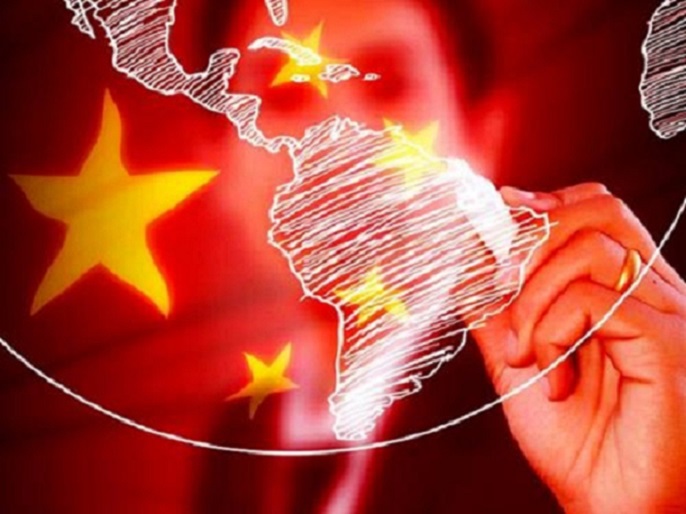In the framework of the fourth cycle of the Universal Periodic Review (UPR) of China before the UN, this report, backed by 35 organisations, highlights the negative impacts of Chinese investments and its persistent disregard for human rights and environmental treaties.
The report shows China’s non-compliance with international covenants and conventions in 28 projects in nine Latin American countries, including cases in Chile.
A recent report presented to the United Nations by various Latin American organisations documents violations and impacts caused by projects backed by Chinese capital in the region. Coordinated by the Collective on Chinese Finance and Investment, Human Rights and Environment (CICDHA), the report covers 28 projects in nine Latin American countries, highlighting China’s non-compliance with international covenants and conventions.
In the framework of the fourth cycle of China’s Universal Periodic Review (UPR) at the UN, this report, supported by 35 organisations, highlights the negative impacts of Chinese investments and its persistent disregard for human rights and environmental treaties.
In the Chilean context, according to a publication in the Chilean media RESUMEN, written by J. Arroyo Olea, the report specifically points out the situation of the Dumestre Hydrobiological Resources Processing Plant in Magallanes and the Central Rucalhue hydroelectric project, the latter associated with socio-environmental conflicts and the prosecution of defenders of the Biobío river.
The document, presented in the framework of the UPR, identifies violations in various sectors, such as mining (with 14 cases), hydroelectric, hydrocarbons, infrastructure, agri-food industry and energy. According to Resumen, 28 Chinese companies and at least eight Chinese banks are involved in these projects in countries such as Argentina, Bolivia, Chile, Colombia, Ecuador, Mexico, Peru and Venezuela.
Julia Cuadros, from CooperAcción (Peru), representing CICDHA, underlines the insufficiency and ineffectiveness of China’s efforts to regulate the conduct of its companies and financial institutions, despite previous recommendations in previous UPR cycles and other Special Procedures. Likewise, Jaime Palomino, President of the Shuar Arutam People (Ecuador), highlights that the report serves as a wake-up call to the international community and Chinese entities to ensure accountability for human rights and environmental violations in Latin America, highlights Resumen.cl.
Finally, in Resumen.cl, Jaime Borda, Executive Secretary of the Muqui Network in Peru, emphasises the lack of transparency and accountability of Chinese companies in public information about their projects. The organisations, in answer, call on Chinese banks and companies to improve the quantity and quality of the information they disclose. In summary, the report reveals some preoccupying findings, such as abuses of indigenous peoples, lack of informed consent processes and the presence of projects in fragile and strategic ecosystems in the face of the climate crisis.
Check out the full report here from Resumen.cl:










